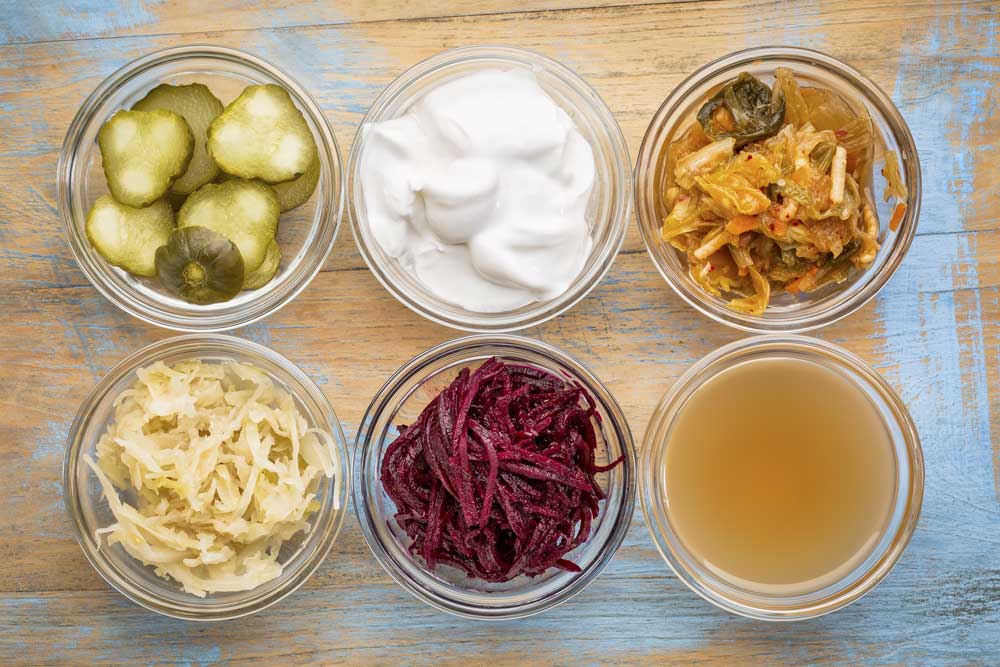With winter and the cold and flu season in full swing illness may be running rampant in your home or office. This may prompt some to head to the doctors for a prescription of antibiotics. However, understanding how antibiotics work, when they are appropriate to use and the effect they have on your body and gut health is vital.
How do antibiotics work?
If you’re suffering from a bacterial infection (such as a respiratory tract infection) your doctor may prescribe antibiotics.
Antibiotics are medicine used to treat a wide range of bacterial infections or diseases. They work by blocking processes in the bacteria, either killing them or stopping them from multiplying. Unfortunately, they don’t help with viral infections such as the common cold or flu.
Antibiotics can either be wide spectrum, treating a wide range of bacteria, or narrow spectrum, treating specific types. Doctors choose an antibiotic that is usually the most effective in treating whatever bacterial infection you may have.
Common side effects of antibiotics
Like any medication antibiotics come with potential side effects. When taken as prescribed the benefit of antibiotics greatly outweigh the potential risks.
Common side effects include:
• Stomach upset – including diarrhea, nausea and vomiting
• Thrush infections – commonly in the mouth or vagina
• Allergic reactions – less common
Good vs Bad bacteria
Because antibiotics aim to kill or stop the multiplication of bacteria they can upset the natural occurring bacteria in our bodies.
‘Good’ bacteria also live in our digestive tract and help our bodies with vital everyday functions. We have over 1,000 different species and subspecies of bacteria in our intestines. When these are disrupted by things like antibiotics it can cause an imbalance and inflammation.
Antibiotics don’t have the ability to distinguish between the good and the bad bacteria and as a result they can also kill ‘good’ gut bacteria. This can lead to a number of symptoms including stomach discomfort (nausea, vomiting, diarrhea) and thrush (an overgrowth of fungus).
How to support gut health when taking antibiotics
The extent of disruption to your gut bacteria is dependent upon the strength of antibiotics and duration of the course. Regardless of these factors there are some ways to help protect your gut health:
- Probiotics
Pharmacy grade probiotics help replace some of the bacteria that may have been killed off by antibiotics. Choosing one with a variety of strains of bacteria will help replenish the supply as much as possible.
- Fermented foods
Fermented foods naturally contain probiotics to help support your gut health. Foods such as kifr, sauerkraut, kimchi and kombucha are a wonderful source of a variety of probiotics.
If the above are a little too adventurous yoghurt is another food source full of probiotics. Greek yoghurt contains more concentrated probiotics than regular yoghurt.
- Prebiotics
Prebiotics help good bacteria thrive within the digestive system. They not only help create an ideal environment for good bacteria but also stimulate their growth. This includes foods such as: leeks, garlic, honey, bananas and onions.
- Real foods
A balanced diet containing real foods (including healthy saturated fats, protein and a variety of vegetables) can help repair any damage caused to gut health.
Limit the consumption of sugar and simple carbohydrates that good bacteria thrive on and increase natural food sources.





